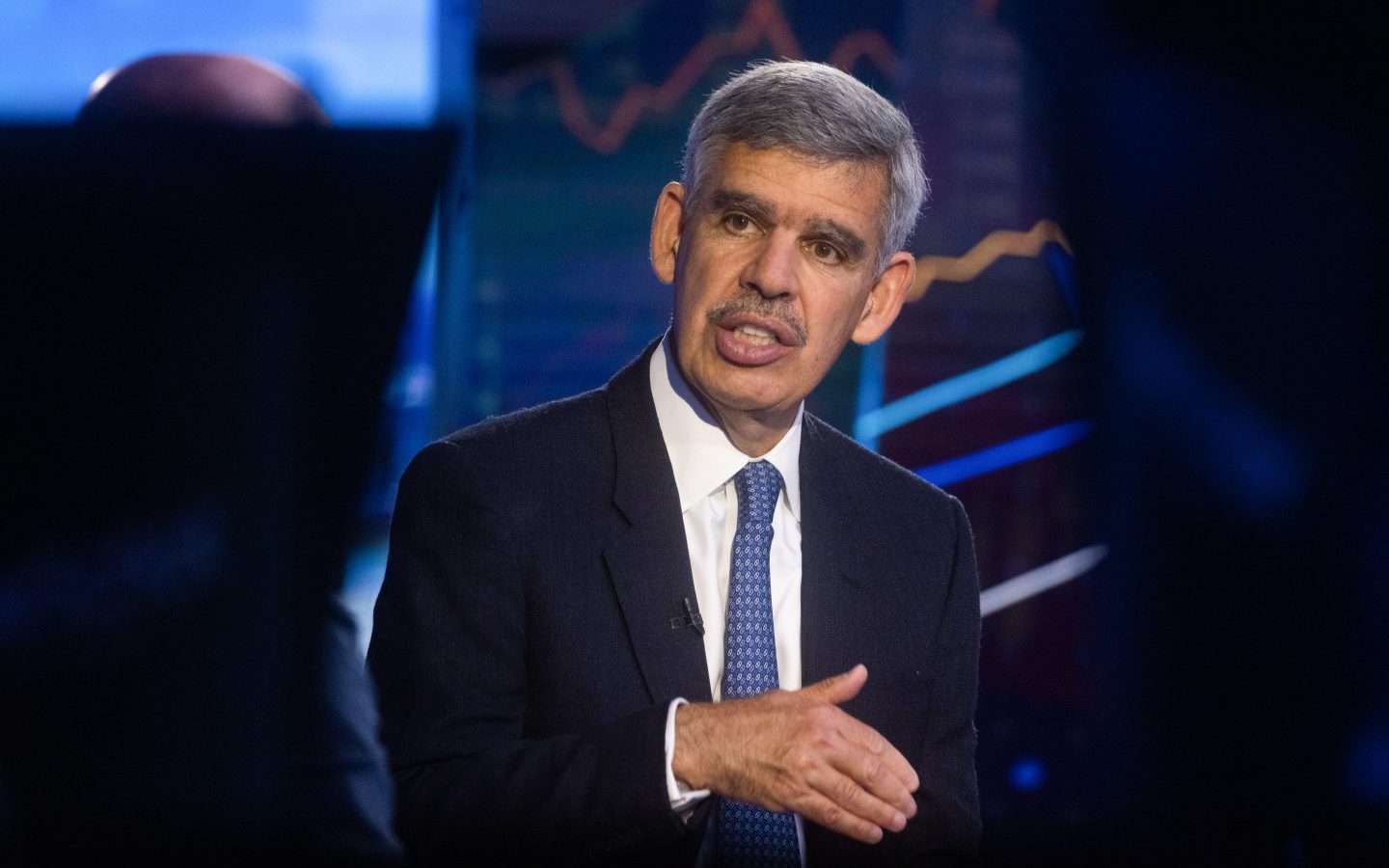Volkswagen’s electrification goals don’t just include pumping out millions of cars — the German giant is now also getting into the battery game with gusto.
VW made two big announcements Friday. Firstly, its Group Components unit — its in-house supplier, which became an independent corporate entity this month — will assume “end-to-end responsibility for the battery, from competence development for the cells through to recycling.”
This is huge news, as Europe’s auto industry notoriously lacks a big battery manufacturer, leaving it at the mercy of Asian suppliers. A couple months back, the German government set aside more than $1 billion to support domestic production of battery cells, and there’s been talk of a German consortium that may include Volkswagen.
VW also announced a couple days ago that it is investing in a California startup called Forge Nano, which aims to improve the efficiency of battery cells.
“Thanks to our manufacturing depth and product strength, we can measure ourselves with our best competitors. We are now sharpening our profile in the e-mobility field,” said the unit’s chairman, Thomas Schmall, on Friday.
VW’s other big announcement is that Group Components will, from next year, start producing fast-charging stations for electric vehicles. The stations will be “based on the principle of a powerbank” and will able to charge up to four cars at once.
Interestingly, the ultimate plan is for the stations to reuse batteries that previously powered Volkswagen’s electric vehicles, but that lost too much capacity to be suited to that purpose.
The charging stations will be made at VW’s Hanover plant, following a pilot this year in the city of Wolfsburg, where the company’s largest manufacturing plant is located. The Hanover plant currently makes heat exchangers for traditional cars — which VW will stop making in 2026 — so the transition should “contribute to safeguarding employment,” the company said.
Volkswagen’s shift to e-mobility is also adding jobs in the U.S. The company said last week that it would build an $800 million manufacturing plant in Chattanooga, Tenn., bringing the creation of 1,000 jobs.











